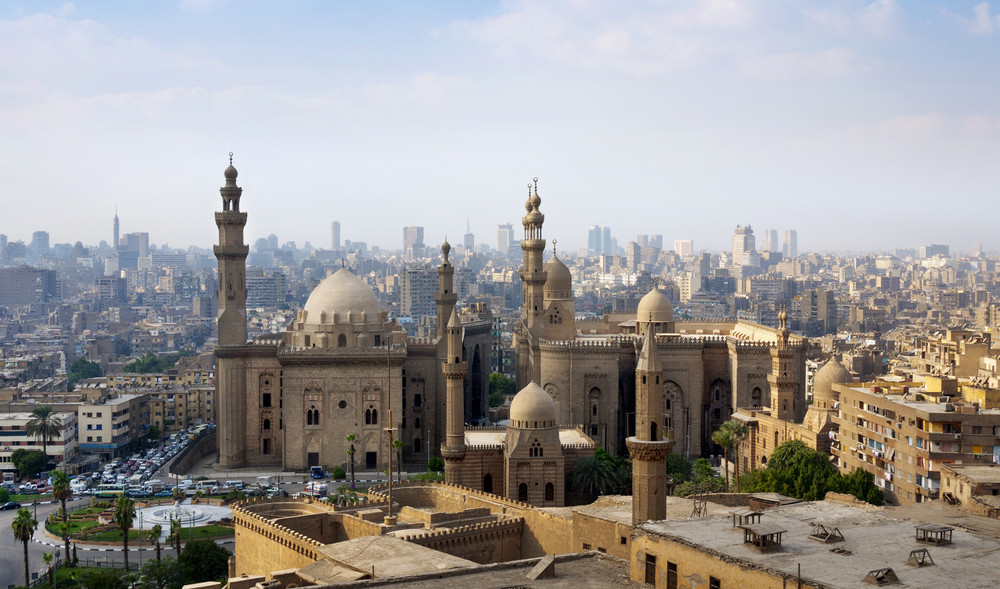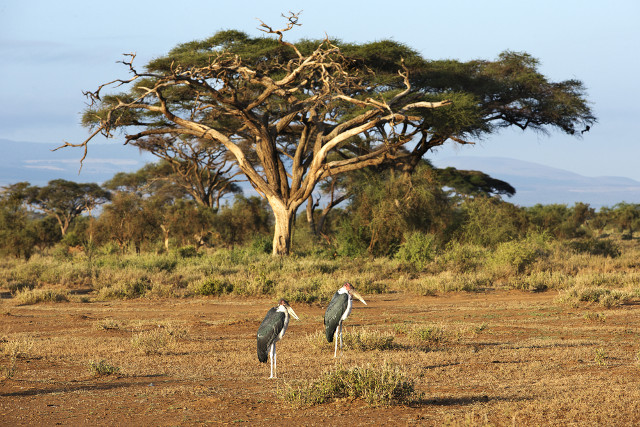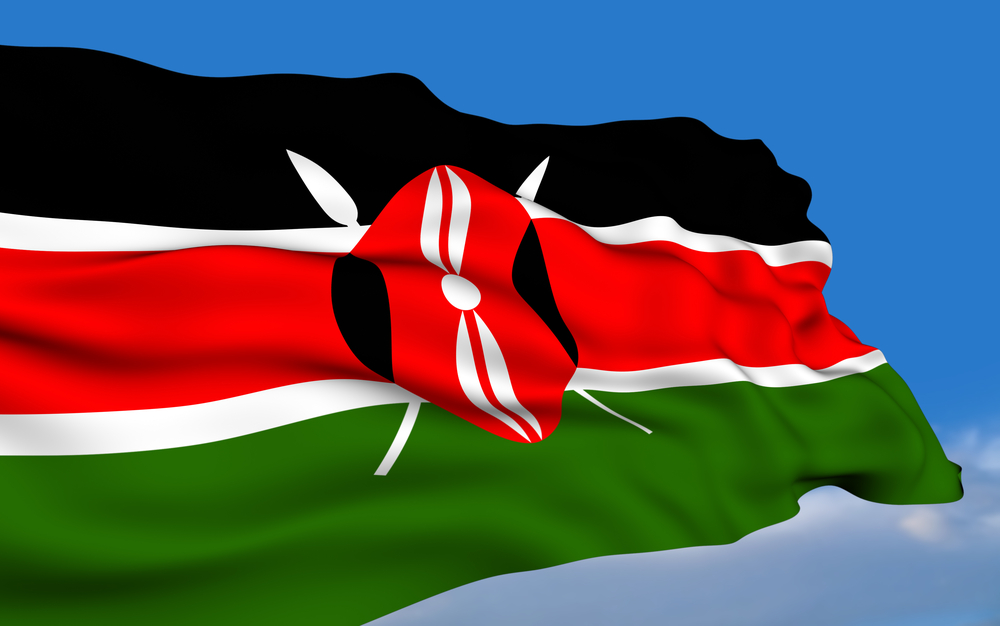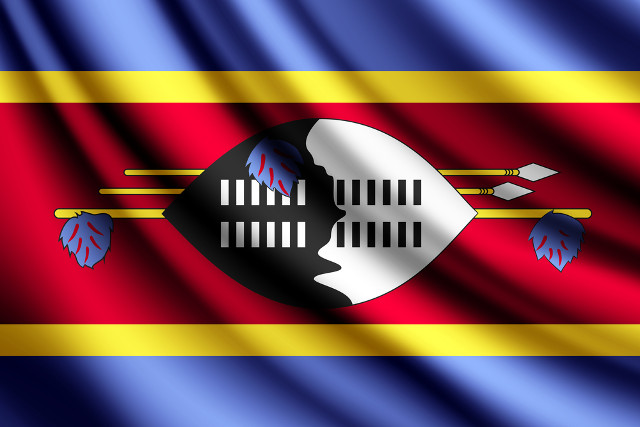Scotland tried mightily, but ultimately failed to wrest itself from British control on September 18, 2014. But Scotland shouldn’t give up hope because sometimes it takes numerous attempts before achieving independence. Here are 16 examples of African countries that successfully threw off the mantle of colonialism and became independent from the UK, much to the eternal delight of their citizens.
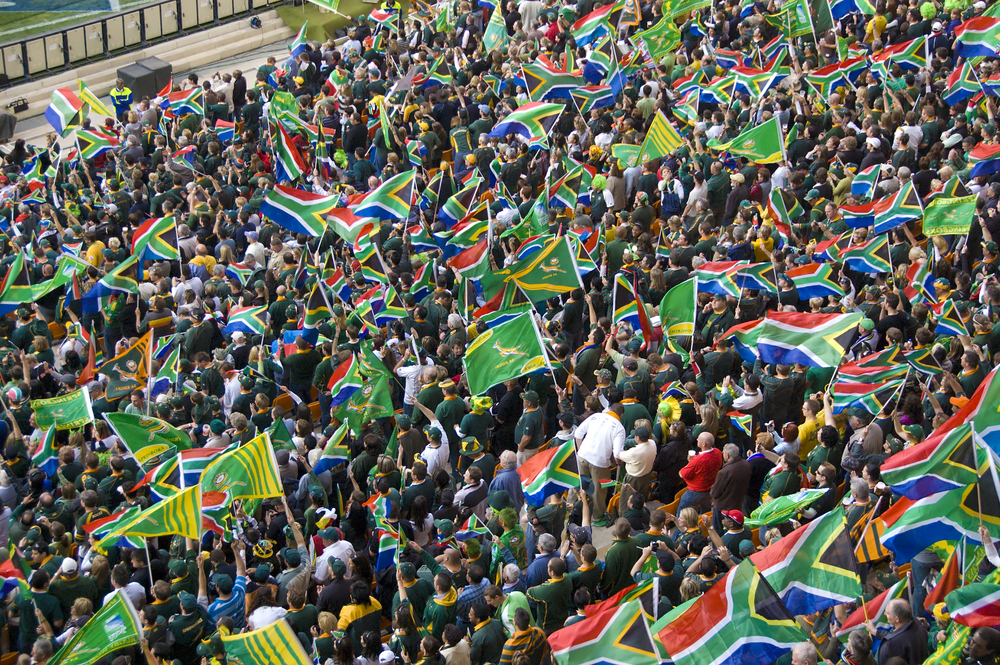
Luke Schmidt / Shutterstock.com
1. South Africa
Originally a Dutch colony, South Africa was conquered by the Brits in the eighteenth century. When the Zulus sought to reclaim their land, a war broke out and the country unified as a British country in 1910. It wasn’t until 24 years later that the country earned its independence from Britain. Unfortunately, in 1958, Prime Minister Hendrik Verwoerd introduced the Apartheid policy and alienated non-whites. With the leadership of Nelson Mandela and his anti-apartheid revolutionaries, the policy was successfully overturned in 1994 resulting in a glorious victory.
2. Egypt
Egypt was a protectorate of Britain from 1882 until 1956, when that period abruptly ended with an uprising and the Egyptian revolution. The revolution was run by the Free Officer Movement which consisted of army officers whose intention was to abolish monarchy. Egypt has been a democratic country ever since, more or less.

Accra, Ghana Shutterstock.com
3. Ghana
When the Portuguese arrived in 1471, they were surprised to discover a fantastic wealth of gold and diamonds. To their advantage, the Portuguese were able to trade as much as they could off the land including grains, ivory, guns, cocoa and even slaves. Eventually other European empires wanted their hands on Ghana’s trade market and arrived shortly after. When Britain invaded several kingdoms, it provoked a war between them and the Ashanti people. The Ashanti people were defeated and became protectorates of Britain until Ghana received its independence from Britain in 1957.
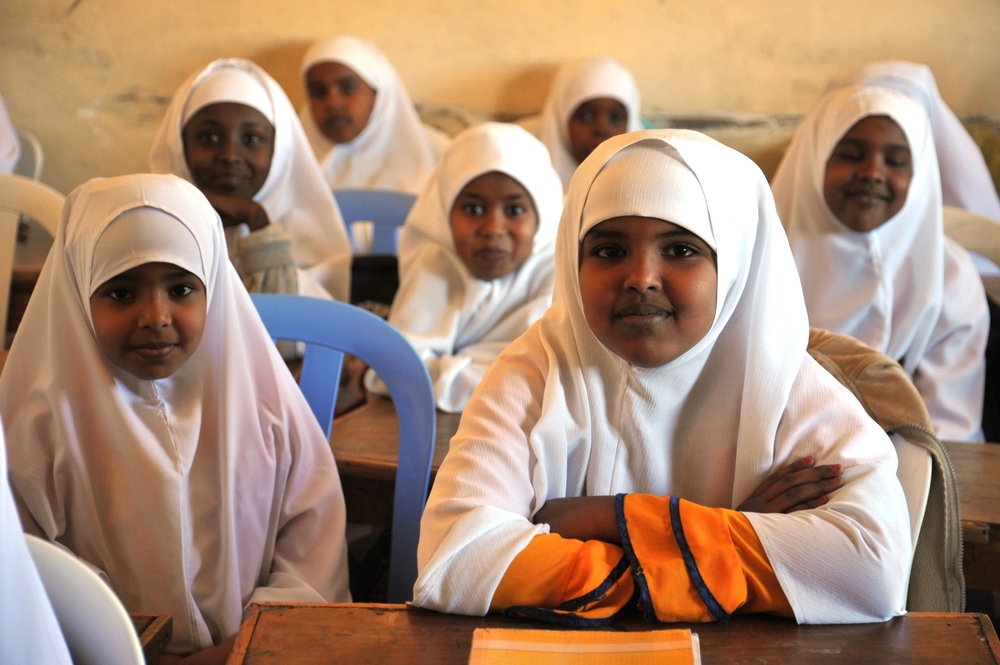
Vlad Galenko / Shutterstock.com
4. Somalia
Somalia had a long history of both British and Italian control. While the British colonized the country in 1920, their reign was interrupted by the invasion of Italians in 1940, who wanted the country for themselves. This led to a six-month occupation of Somalia under the Italian regime. Britain was able to get Somalia back, but in May 1960 agreed to grant Somalia its own independence.
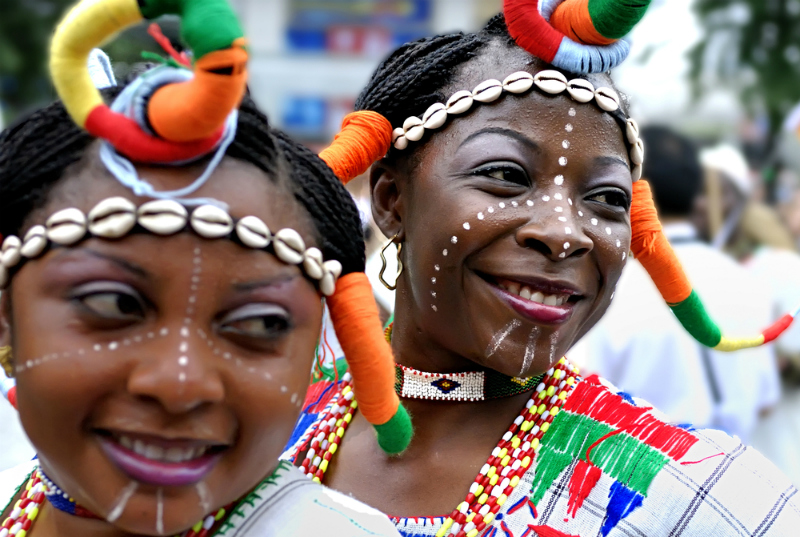
Jack.Q / Shutterstock.com
5. Nigeria
British presence in Nigeria began in the late 1700’s, when British colonists would use natives for slave trade. When Britain abolished slavery in 1807, many Brits still stayed behind in Nigeria. It wasn’t until 1885 that Britain made Nigeria a protectorate. Nigeria remained under official British rule until Britain awarded the country its independence in 1960.
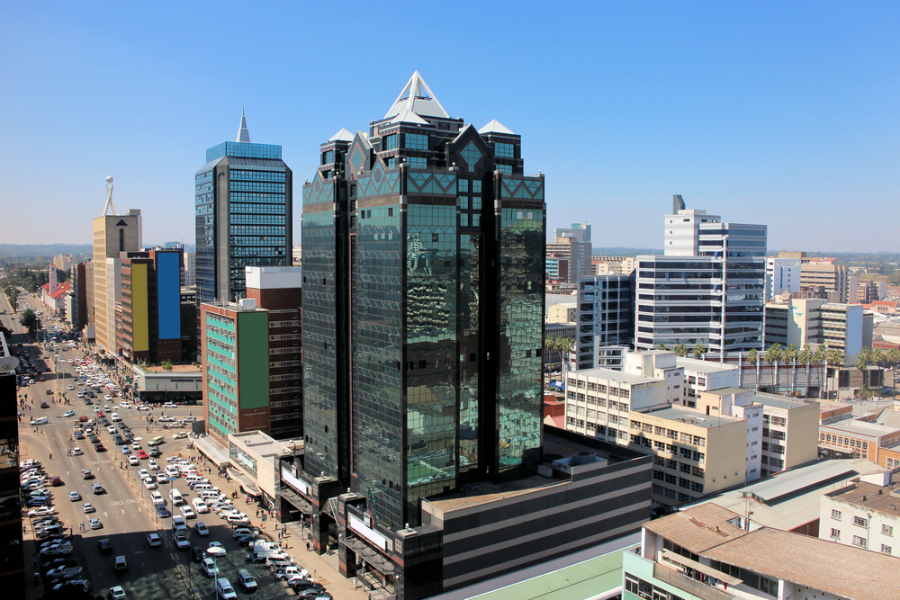
Downtown Harare, Zimbabwe Shutterstock.com
6. Zimbabwe
Formerly Southern Rhodesia, this British colony became self-governing in 1923 and adopted its first flag, mixing the British ensign with its own territory’s coat of arms. The white government of Rhodesia proclaimed independence in 1968 and raised its own flag with three equal stripes (two green, one white) and a new coat of arms. Resistance by black nationalist groups led to an internal settlement for a limited democracy for blacks, and in 1979 Zimbabwe Rhodesia was proclaimed with a flag incorporating Pan-African colors (red, yellow, green, black). A year later, the Republic of Zimbabwe was established on April 18, 1980, and the modern-day flag was hoisted.
7. Tanzania
Previously part of Tanganyika and Zanzibar, Tanzania was once the center of a thriving slave trade by its corrupted Sultanate. In the 1850’s, British military came to the area to force the Sultan to abolish slavery. The sultan succumbed to pressure and signed a treaty to end slavery in 1856 and became Britain’s protectorate. In 1963, a successful revolution broke out with the purpose of overthrowing the monarchy, which resulted Britain handing over control.
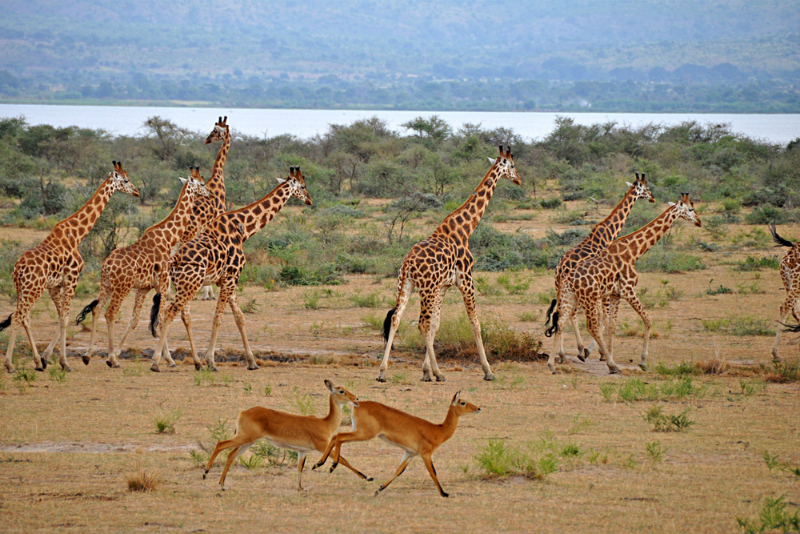
Giraffes and gazelles in Murchison Falls National Park, Uganda/Shutterstock.com
8. Uganda
When British protestant missionaries arrived in Uganda in 1877 to spread Christianity, Catholic missionaries followed, causing a great divide between the two religions. Uganda remained a British protectorate until October 9, 1962, when President Milton Obote took over after its independence. Unfortunately, he was overthrown by ruthless dictator Idi Amin. Eventually Obote was able to return to office in 1980 and Uganda has been democratic ever since.
9. Kenya
When a large number of white settlers arrived in Kenya in 1920, they reserved the highly favored stretch of land called Highlands that was rich in soil and had excellent weather. Kenya’s natives were angered at this land confiscation and it led a violent revolt against the British. The Mau Mau uprising lasted from 1952 to 1960. After that the British left White Highlands and eventually awarded Kenya its independence in 1963.
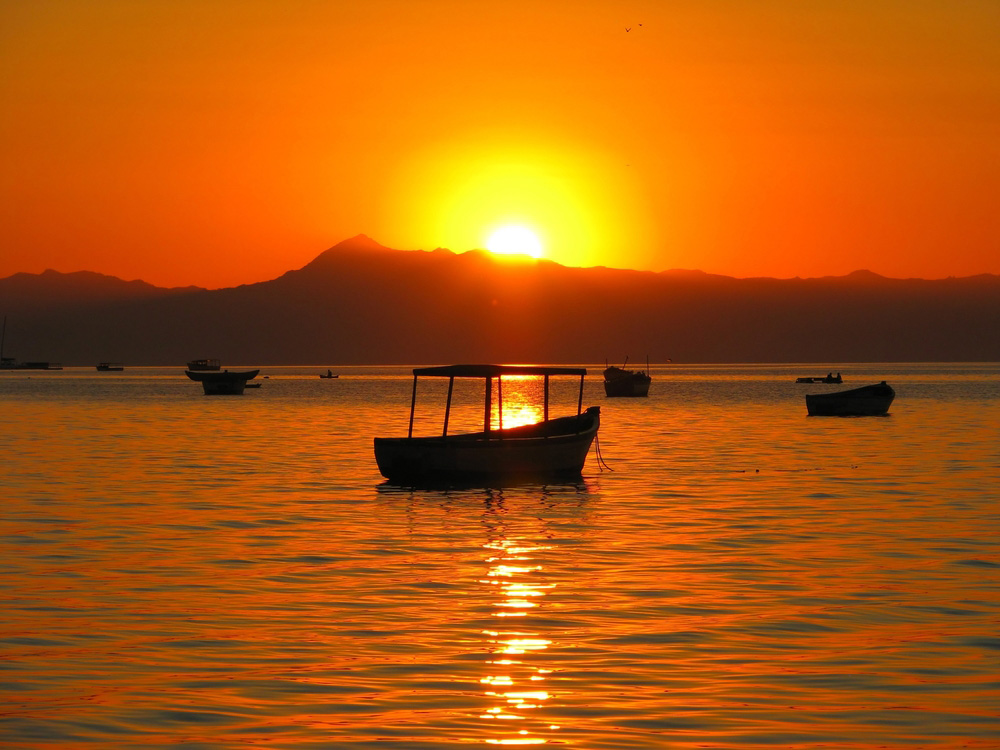
Shutterstock
10. Malawi
The British colony of Nyasaland became autonomous on July 6, 1964 when educated Malawians became vocal and protested British rule. Leader of the British opposition Hasting Kamazu Banda, who earned his education overseas, became Malawi’s first president and improved infrastructure throughout the country.
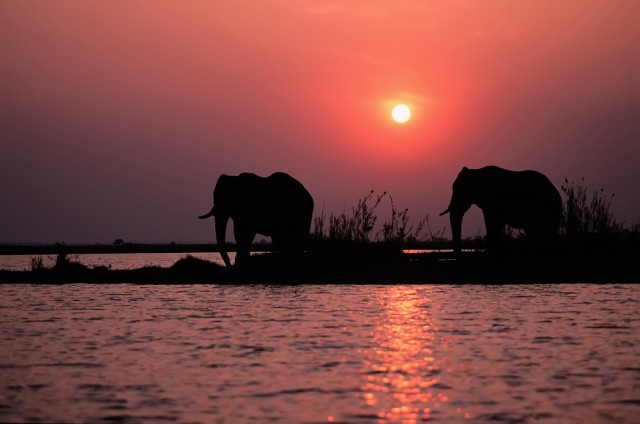
Elephants on Lake Kariba (Shutterstock)
11. Zambia
Formerly named Northern Rhodesia, Zambia was a British colony used for its copper mines and other natural resources. It wasn’t until October 1964 that Zambia gained its independence from Britain, following concerns of a possible uprising by white racists seeking more power over the country. After the victorious independence, the pro-apartheid white residents had no choice but to leave defeated.
12. The Gambia
Britain used The Gambia for agricultural trade and reigned there from 1815 until independence in 1965, after several failed attempts to trade The Gambia with France’s other territories. Once The Gambia became a self-governing country, Prime Minister Dawda Jawara took control.
13. Botswana
Formerly Bechuanaland, Botswana gained its independence after rising concerns of neighboring Boers that wanted to annex the country into South African Republic. Fearing the apartheid, the Tswana natives campaigned for their freedom and earned their victory on September 30th, 1966, leading to the birth of Bechuanaland’s new name–Botswana.
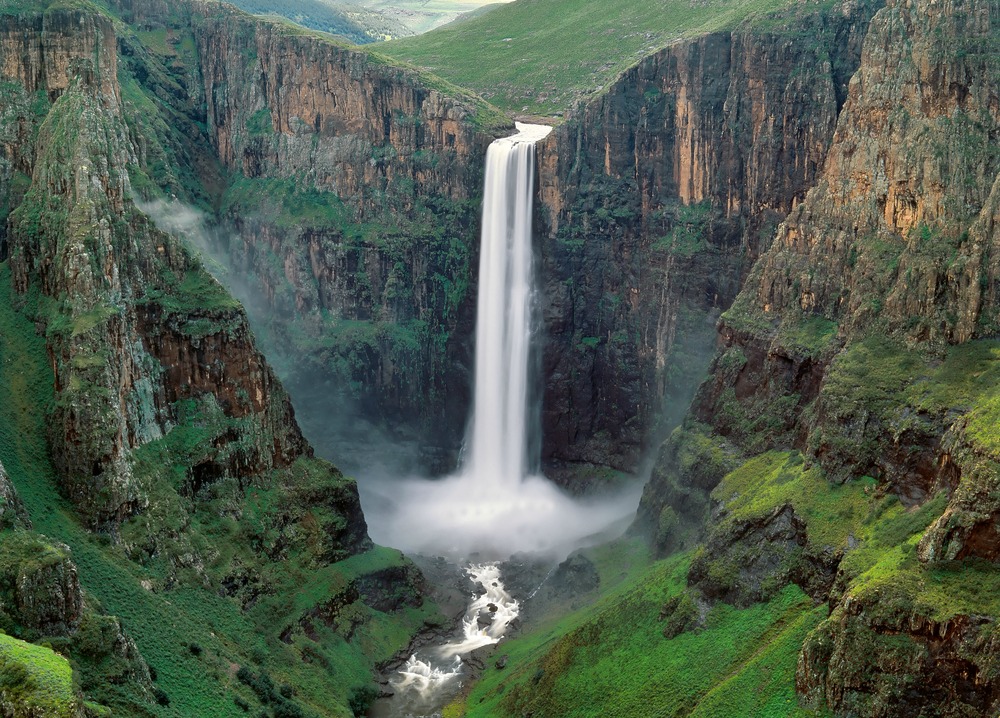
Maletsunyane Falls, Lesotho/Shutterstock.com
14. Lesotho
After several wars with the Boers, the British military earned its victory over Basutoland in 1884, which became a British protectorate. Despite this status, the Brits still let the people of Lesotho self-govern. Basutoland officially became its own country in 1966 and changed its name to Lesotho.
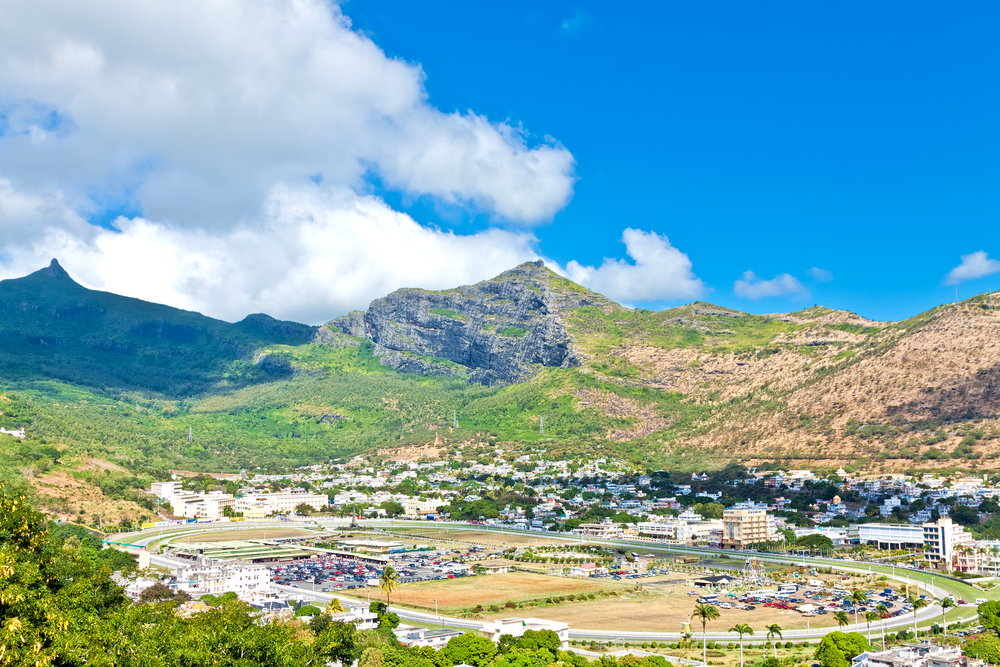
Champs de Mars Racecourse, Port St. Louis, Mauritius/Shutterstock.com
15. Mauritius
Mauritius was inhabited by the Dutch colonists from 1638 until their decision to abandon the island in 1710. Only five years later, in 1715, the French colonists came into power and reigned until the British invasion in 1810. Mauritius was awarded independence from Britain in 1968 and became a republic in 1992.
16. Swaziland
When the early British settlers came to Swaziland in the 1800’s with every intention to make it their new home, they finally annexed the country into a protectorate 1894. It would be another 66 years before Britain threw in the towel and handed the ownership back to the Swazi people. Today, Swaziland remains a monarchical country ruled by King Sobhuza’s ancestors.
Want to discover the finer side of Africa? Sign up for our weekly newsletter.
